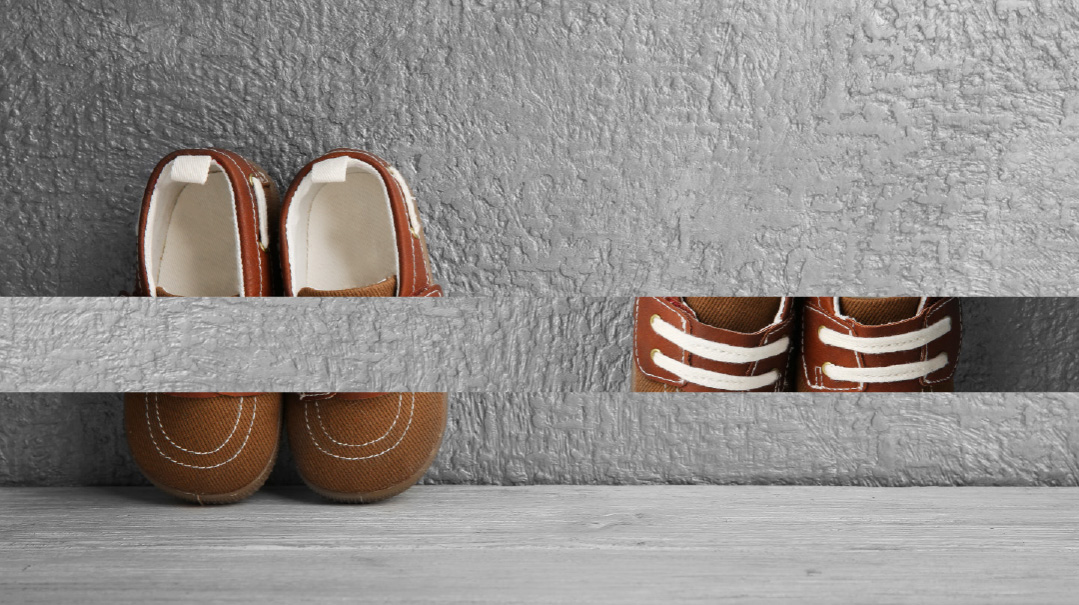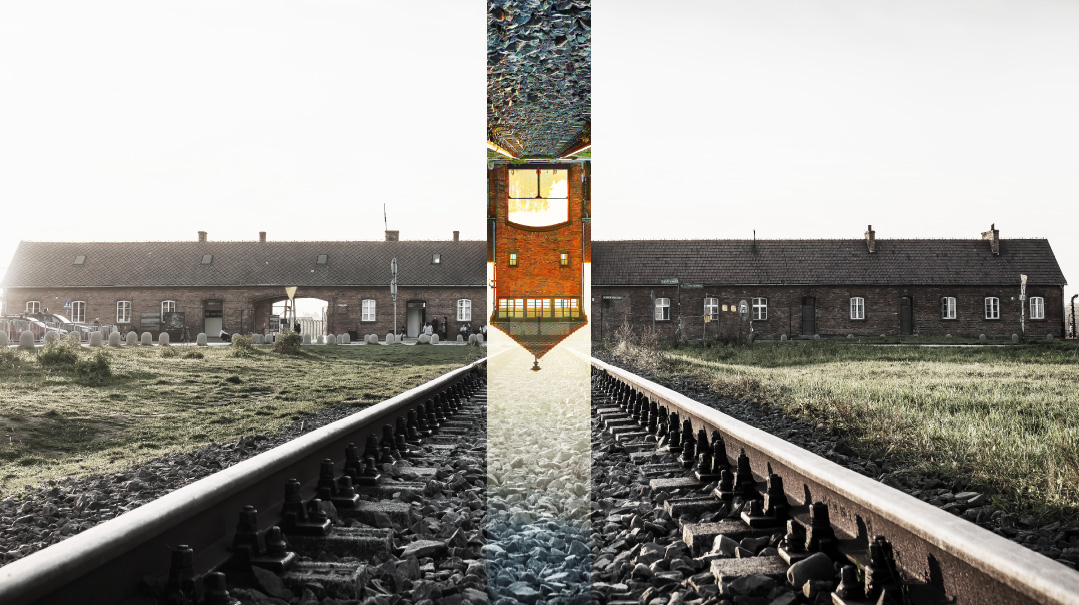Going Home

In the spirit of V’nahafoch hu, Mishpacha contributors share the axioms they were sure of…until they weren’t

As told to Yael Schuster
Rabbi Y.Y. Rubinstein
Long Island, New York
I always thought that facing death would induce terror, panic, and despair. Until I learned that…
IT was 1997, my first visit to South Africa. My flight from Johannesburg to Durban was delayed, delayed again, and then yet again.
One hundred weary passengers eventually shuffled onto the plane, and when we were seated, the pilot came on the loudspeaker. “We apologize for the delay. It was due to the failure of an engine part, and because of inclement weather, we had to wait until repairs were done before taking off.”
That struck me as a perfectly sensible strategy even if it had been a sunny day. I should have taken that as a warning.
As we picked up speed on the runway, the plane began to shake like crazy, clearly struggling to become airborne. I sure hope it’s a very long runway, I thought.
We got to cruising altitude uneventfully, and I occupied myself by examining the interesting shapes and colors of the African fields below. Suddenly it hit me: What happened to the 35,000 feet the pilot had promised us? I was making out far too much detail; something was off.
Right on cue, the pilot picked up the microphone. “Ladies and gentlemen, you have nothing to worry about, but we lost our front wheels during takeoff.”
When a doctor says there will be some discomfort, you can expect sheer agony. When a lawyer says it won’t cost much, you know you’ll go bankrupt. When a pilot says there’s nothing to worry about, you know he thinks you’re about to die.
My superior Talmudic brain said, “We’ll be fine, we’re already up!” This was immediately followed by another little voice. “Rubinstein, how will you get down again without front wheels?” An acute sense of numbness sunk in, crowding out fear.
This was very serious business. As we made continuous loops above the airport to use up fuel — crash landing with a full tank of gas would be a catastrophe within a catastrophe — they prepared us for the worst. Everyone seated in the front of the plane was relocated to the back to lighten the weight over the missing wheels. We practiced assuming the crash position: hands on head, and head pressed as hard as possible into the seat in front of you. (This wasn’t to protect you, mind you — it was to protect your neighbor from the flying projectile of you.) Everyone had to remove their shoes, ties, and glasses. A stewardess saw me take off my glasses and said, “When we crash, find your way by feeling the armrests.”
My last rationalization for a happy ending flew out the airplane window, and I promptly put my glasses back on. If I’m going to die, I want to at least see it happen.
I always imagined that facing imminent death would be dreadful. Being forced out of This World, separated from loved ones —what horror, fear, and anguish! Then having to stand before the Beis Din shel Maalah — unless they gave me a remote with a delete button, that was one movie I wouldn’t be happy to watch.
To my incredible surprise, it was the exact opposite.
I was momentarily sad that my daughters, seven and three, would grow up without their daddy, so I told Hashem, “You’ll have to raise my little girls,” and that gave me an overwhelming feeling of calm. After that, it was just me and Hashem Yisbarach; there was nothing else.
When we say Vidui on Yom Kippur, we can barely remember the sins we’ve committed. But here’s a secret: when you’re about to die, you know exactly who you really are. Five major flaws came to mind, for which I did teshuvah, and then I said Shema. Yes, I’d made mistakes, but it was okay — all of it was — because I was going back to my Daddy. I felt completely at peace. The only request I made was, “Please Hashem, not by eish. A quick broken neck would suit me quite fine.”
The cabin suddenly went dark, and the pilot shouted, “Brace! Brace! Brace!” We got into the crash position, and a few minutes later, the cabin was suffused in an eerie red as ambulances and fire trucks raced alongside the descending plane. With an earth-shattering crash, we hit the ground and came to an abrupt halt. We had made it.
Death is so feared because it is the unknown. I was given the rare opportunity of a dry run, and now that I know how surprisingly uncomplicated it is at the end, my fear of dying is gone. All that’s left is to conquer life.
Rabbi Y.Y. Rubinstein lectures all over the world, and is the author of 13 books. He lives in Long Island, New York.
(Originally featured in Mishpacha, Issue 902)
Oops! We could not locate your form.





